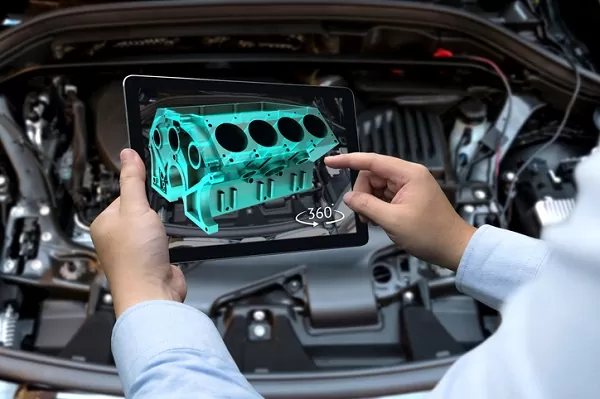If you find yourself pulled over after a night of drinking, it is very crucial that you take the right steps to minimize the consequences. A DUI, driving under the influence, is a charge that can affect your life immensely. However, you can make it better by taking these steps.
Be Polite
It is to your utmost advantage to remain calm and be cooperative with authorities after being pulled over for a DUI. Depending on your state of mind, do your best to follow directions. Avoid making any remarks because anything you say or do can, and will, be used against you in court.
Know Your Rights
Most often the officer will request that you field sobriety tests and consent to a preliminary breath test. Field sobriety tests may include tasks like walking on one leg or in a straight line, and the goal is to detect signs of impairment. However, these tests can be subjective and can be influenced by a multitude of factors including nerves, fatigue or any physical limitations. They also may request that you take a breath test, so that they can estimate your blood alcohol concentration at the scene.
You have the right to deny these tests. However, in some instances it can make your situation worse. Laws vary from state to state, however, it is crucial to note that there may be consequences for your refusal. In most states, if you refuse to take required breath your driver’s license will be immediately suspended for a year. Remember, just because you have been pulled over for suspicion of driving doesn’t mean you have committed a crime. You can later appeal in court to get your license back, and regain your license after a shorter suspension.
Seek A Criminal Defense Attorney
It is highly recommended that you request a lawyer as soon as possible. Your lawyer will be able to negotiate and defend on your behalf. The court can come down hard on these dui cases, and an experienced attorney understands the best tactics to minimize your consequences. The Attorneys at Graham Donath Law stated a few example of defenses for DUI charges:
- Debating “appearance” and other implied evidence.
- Driving patterns are another example of implied evidence: You may have been speeding, but that does not mean you were intoxicated.
- Demonstrating an officer error.
- Exploring the many problems listed about field sobriety tests and intoxication assumptions.
Attend Your Court Hearing
Make sure that you attend your court hearing and follow all instructions provided from your judge. Prior to the hearing, make sure you evaluate the evidence against you. Your dui lawyer will be able to assist you, however, it is crucial to provide your lawyer with every piece of information you have from the scene. Failing to attend your healing can result in additional charges and penalties, and only hurts your case. Ensure you are dressed appropriately and arrive on time, and if you have a lawyer follow their directions closely. If you plead guilty, it is important that you understand why driving under the influence is wrong, and that you are remorseful for your actions.
Go Home







